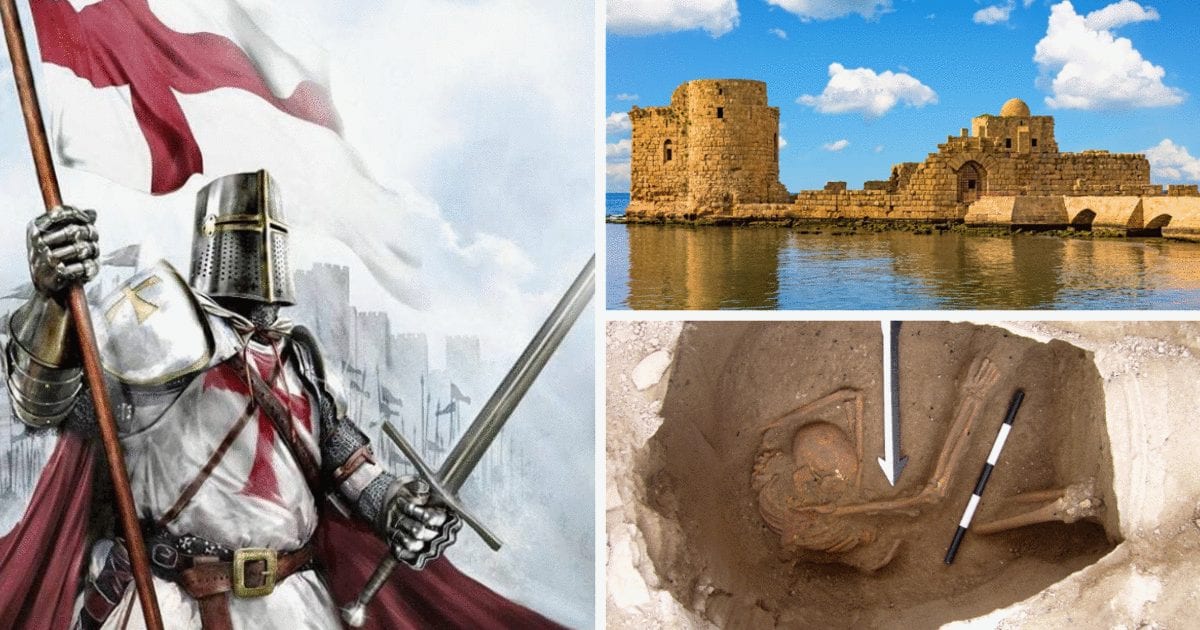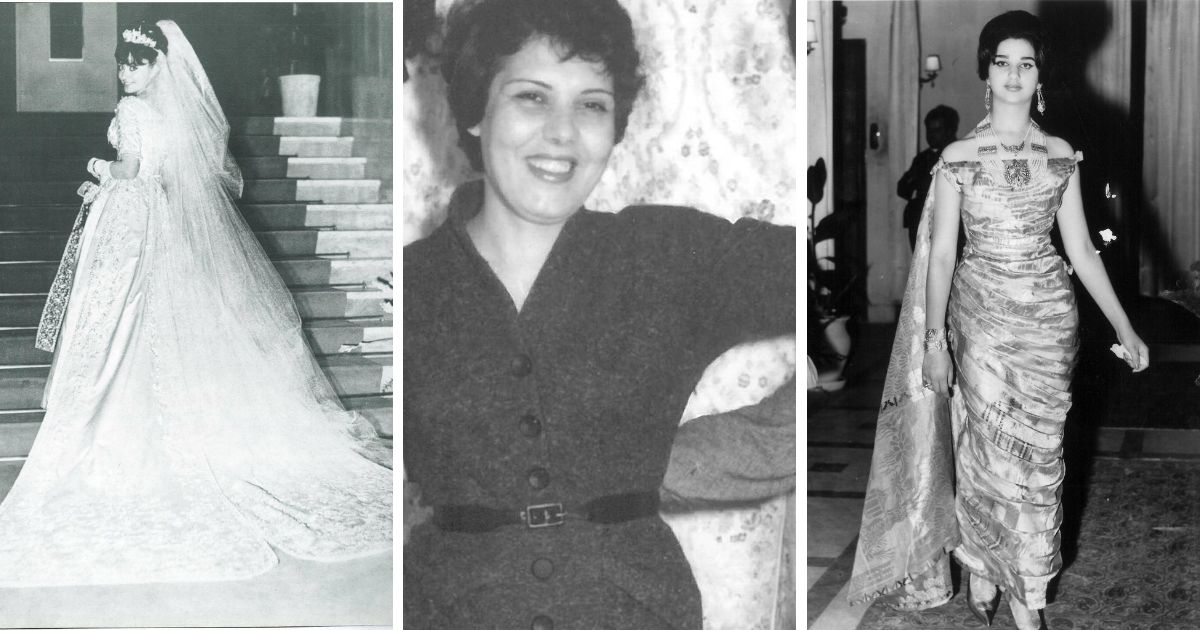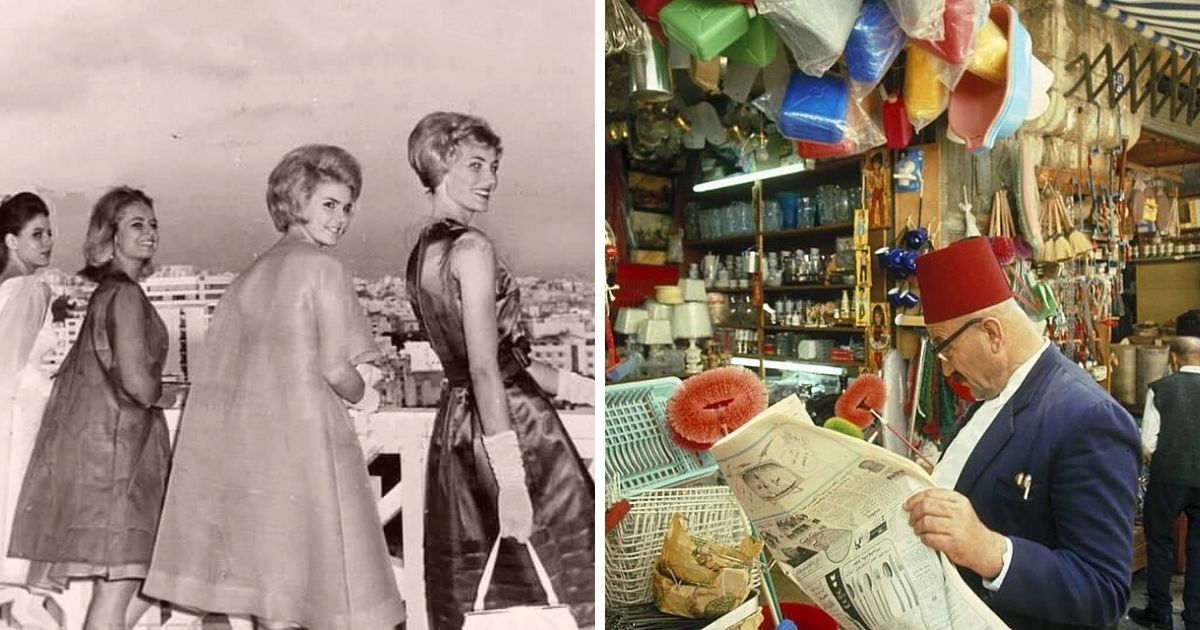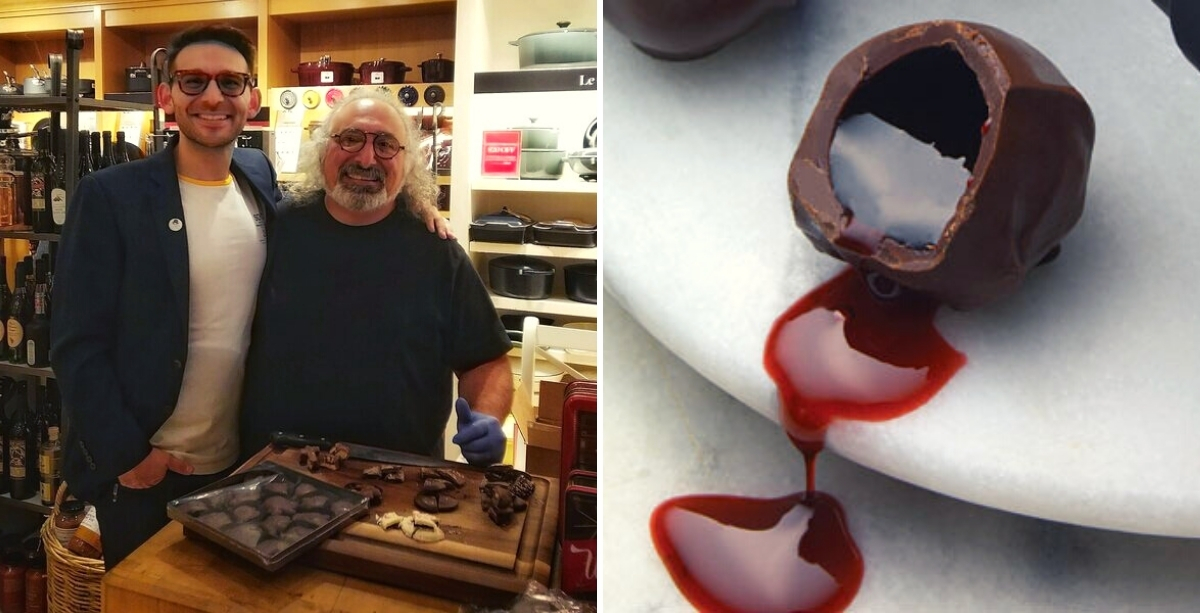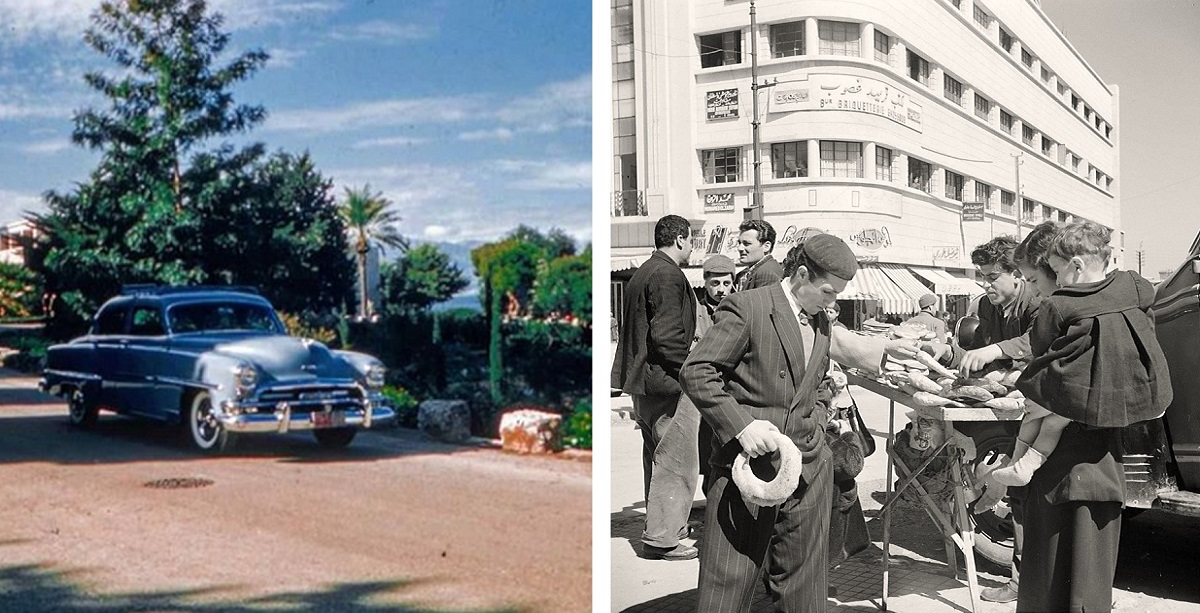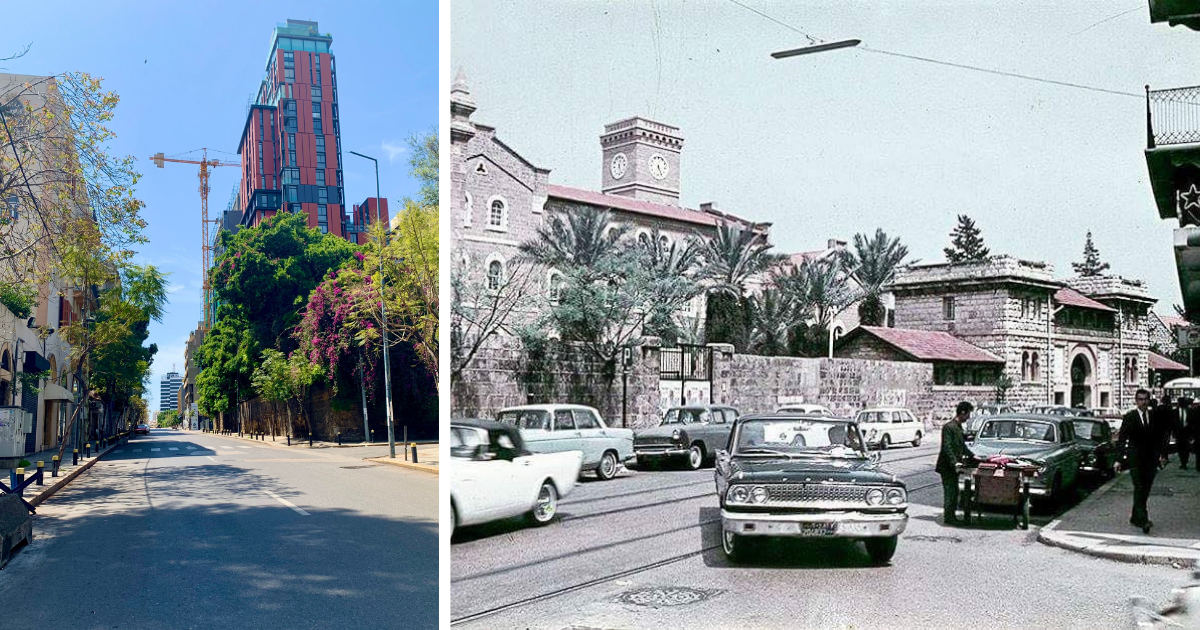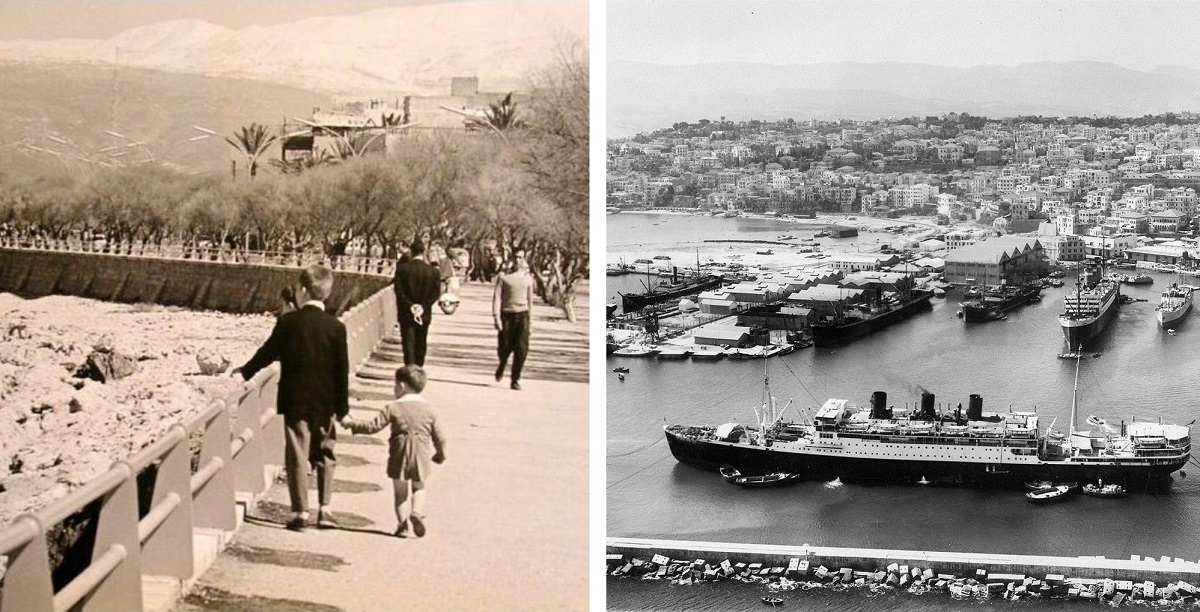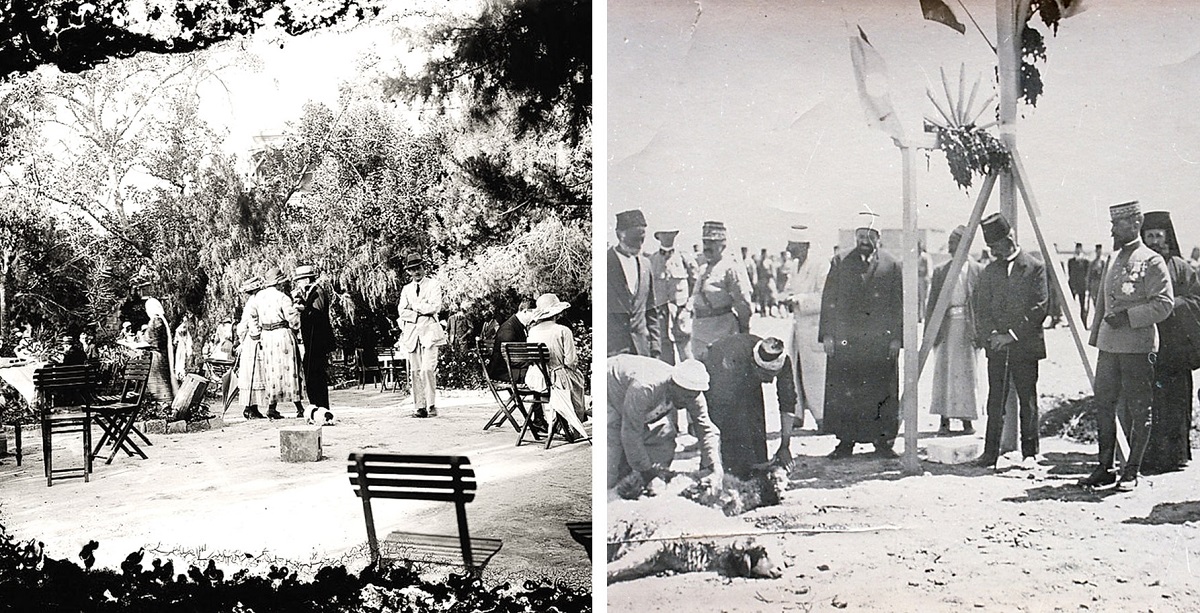All studies on the subject have already proven that the Lebanese Ancestry Is Mostly Phoenician. There exists a non-stop continuity from the Ancient Canaanites (who include the Phoenicians) to the present-day Lebanese people. However, a recent study by the Wellcome Sanger Institute revealed that European Crusaders had families and descendants in Lebanon.
Wellcome Sanger Institute is a leading British nonprofit genome and biodata institute. It collaborates with scientists across the globe “to engage in bold and long-term exploratory projects that are designed to influence and empower science globally.”
Researchers have analysed ancient DNA, extracted from nine skeletons discovered in a Lebanese burial pit, in a study that would not have been possible as recently as five years ago#Crusades #MedievalTwitter #Genomics #History #Archaeologyhttps://t.co/BW56rEKczu
— Sanger Institute (@sangerinstitute) April 20, 2019
On Thursday, Sanger Institute researchers produced whole-genome sequences from 25 skeletons discovered in a burial pit in Sidon (Saida), Lebanon.
The skeletons date back to the 13th century, a time several campaigns of Crusaders traversed Europe to wage a religious war in order to regain the Eastern Mediterranean. Most of the 25 skeletons were male and showed signs of having been killed violently in battle.
Other clues, such as European shoe buckles and coins found alongside the skeletons in the pit, led archaeologists to believe that the human remains were Crusaders.
The study happens to be the first genetic research of the Crusaders’ DNA. Archaeologists at the Sidon excavation site worked closely with the institute to transfer the bones of nine skeletons from Lebanon to a laboratory in Cambridge dedicated to ancient DNA.
In the lab, small portions of the surviving 800-year-old DNA were extracted from the temporal bone in the skulls by DNA extraction experts.
Its results confirmed that the warriors “made love as well as war,” as per the institute.
Published in the American Journal of Human Genetics and later by The Guardian, the whole-genome sequences of the skeletons revealed as well that, out of the 25, two were from Spain and Sardinia, four were from the near east and had been “recruited to fight,” and two had mixed genetic profiles, suggesting they were born of mixed relationships between Crusaders and Lebanese locals.
Crusader armies were remarkably genetically diverse, study finds https://t.co/kEDVDzZTK8
— The Guardian (@guardian) April 18, 2019
According to Chris Tyler-Smith, a researcher in the institute, “The Crusaders and Near-Easterners lived, fought, and died side by side.”
Dr. Claude Doumet-Serhal, director of the Sidon excavation site, stated that he was thrilled with this discovery that provides insight to our past. He explained, “Only five years ago, studies like this would not have been possible. The uniting of archaeologists and geneticists creates an incredible opportunity to interpret significant events throughout history.”
It also confirmed that the presence of the European DNA of the Crusaders was short-lived since no significant traces are found in modern-day Lebanese. It is speculated that their DNA made an appearance in the genetic makeup, possibly for a few generations, then the traces disappeared because they weren’t significant enough.
“After the fighting had finished, the mixed generation married into the local population and the genetic traces of the Crusaders were quickly lost,” Marc Haber, also of the institute, was quoted as saying.
The admixture was “short-lived” since a large portion of today’s Lebanese people shares genetic similarities to residents of the Roman Empire; or people who had lived in Lebanon some 2,000 years ago during the Roman period. The Romans had preceded the Crusades by more than four centuries.
This new discovery is very interesting in what it reveals of that period of Lebanon’s history with the Crusaders. Outside of their mention in English and European literature and history texts, there is not enough documentation on them and their time in Lebanon.
We are no experts but this discovery might offer insight into the small traces of European ancestry that some Lebanese are finding in their genetic history.
